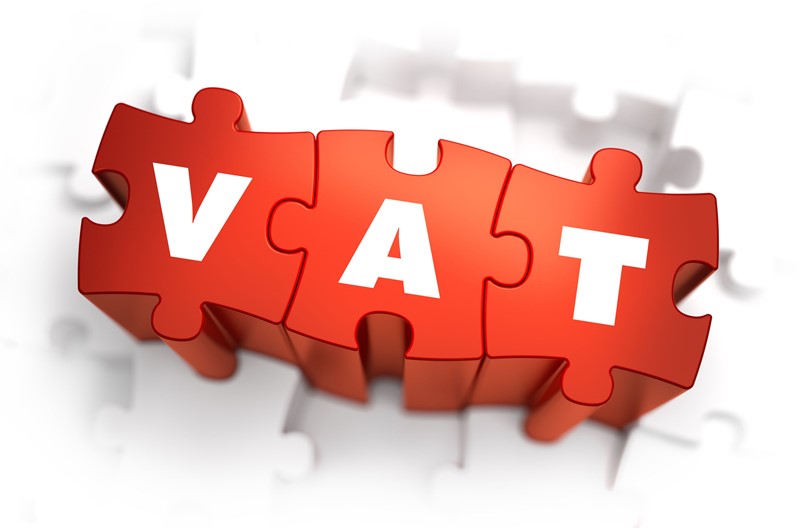Using the VAT Flat Rate scheme, businesses pay VAT as a fixed percentage of their VAT inclusive turnover. The actual percentage used depends on the type of business. The scheme has been designed to simplify the way a business accounts for VAT and in so doing reduce the administration costs of complying with the VAT legislation.
Using the Flat Rate scheme, you pay VAT as a fixed percentage of your VAT inclusive turnover. The actual percentage you use depends on your type of business. The amount of VAT you pay on your business expenses becomes irrelevant to your VAT returns. This is very different to the normal VAT accounting procedure where the VAT you pay to HMRC is the difference between the VAT you charge your customers and the VAT you pay on your purchases.
The scheme is open to businesses that expect their annual taxable turnover in the next 12 months to be no more than £150,000, excluding VAT. The annual taxable turnover limit is the total of everything that a business sells during the year. It includes standard, reduced rate or zero rate sales and other supplies. It excludes the actual VAT charged, VAT exempt sales and sales of any capital assets.
A limited cost trader test was introduced in April 2017. Businesses that meet the definition of a 'limited cost trader' are required to use a fixed rate of 16.5% for the scheme. Businesses defined as limited cost traders may find it more beneficial to leave the scheme and account for VAT using traditional VAT accounting.
Once you join the scheme you can continue using the scheme provided your total business income does not exceed £230,000 in a 12 month period. There are some special rules if the increased turnover is temporary. There is also a first year discount for businesses in their first year of VAT registration of 1%.



